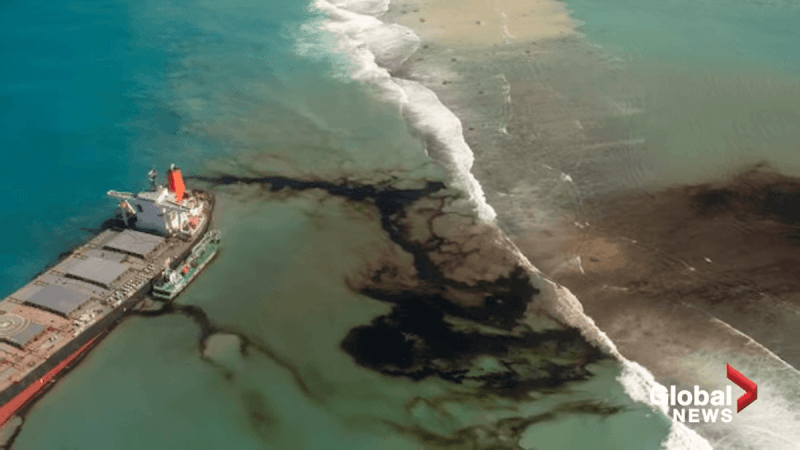With an aim to address the environmental crisis caused by the marine oil spill, the researchers at the Indian Institute of Technology, Guwahati, have developed a highly porous and water repellent superhydrophobic cotton composite material that can selectively absorb oil from the oil-water mixture.
The material containing Metal-Organic Framework (MOF) has great capability for selective separation of oil from oil-water mixtures, with the separation efficiency lying between 95 per cent and 98 per cent, irrespective of the chemical composition and density of the oil.

Functions of the MOF
The MOF is a class of compounds that contains metal ions coordinated to organic ligands to form 3D structures, with the special feature that they are often highly porous materials that act like a sponge.
Besides, the MOF composite is also able to absorb large volumes of oil and can be reused a minimum of 10 times so that the sorbents can provide more recovery of the spilt oil.
In the petroleum industry, oil leakage and oil spill accidents happen frequently during offshore oil exploitation and oil transportation. The severe water contamination threatens the health of humans as well as other living species. Therefore, the treatment of industrial oily wastewater and the separation of oil spills from water has become a challenging task worldwide.
Explaining the motive of the research, Shyam P. Biswas, an associate professor at the Department of Chemistry, IIT-G, who led the team of researchers, said that their goal was to develop a new material that could be synthesized easily besides being cost-effective.

Cost-effective and Easy to use
"We have grown our new MOF material on the surface of medical cotton, which is environment-friendly and cost-effective. Such low-cost material will reduce the production cost of the material for large-scale industrial synthesis for real applications, compared to the currently available materials in the market," Biswas said.
The team of researchers initially developed a superhydrophobic MOF which can repel the water and float on the water surface. Then, they grew the same MOF on the surface of medical cotton. It was observed that the medial cotton changes from hydrophilic to superhydrophobic material and can float on the water surface.
Motor oil, kerosene and gasoline were used by the team in this study to investigate the real-life potential of the material for oil-spill clean-up. The research team has also demonstrated the separation of oil from the oil-water mixture by simple gravity-directed filtration and also a collection of underwater oil against gravity.














